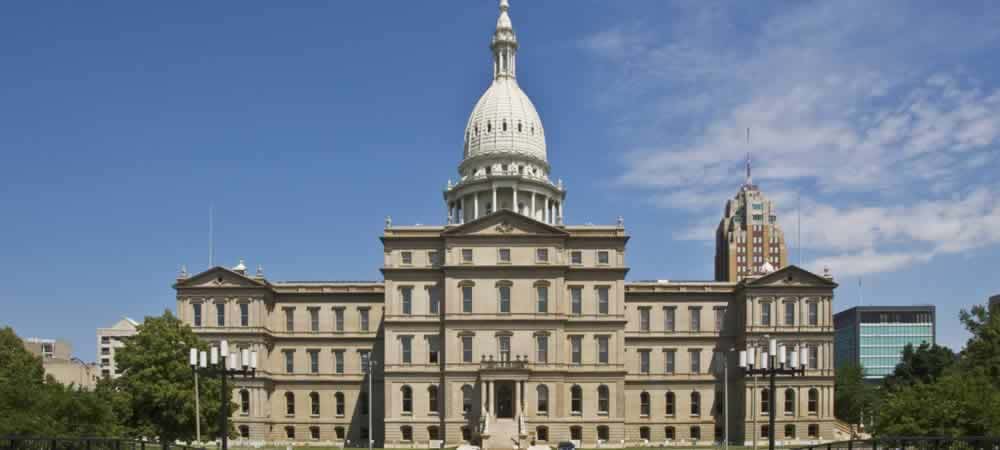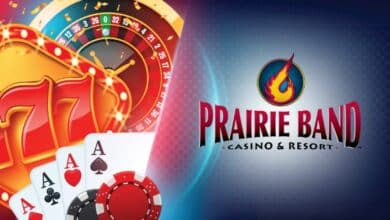Sports Betting Bill in Michigan is Introduced

This content has been archived. It may no longer be relevant
On September 4, 2019, the Sports betting bill has been introduced in Michigan. Officially, the bill would authorize the sportsbooks for both commercials as well as tribal casinos. Brandt Iden is a state republic of Michigan that comes with H 4916 legislation. He always wants to advance the online casino bill.
The Sports Betting Act of 21 pages is a tie-barred to the proposal on the online casino, i.e. H 4311 which is also known as Lawful Internet Gaming Act. The legislature of Michigan must pass the iCasino bill to enact the Sports Betting Act. It is a must that a casino needs to be authorized by the Lawful Internet Gaming Act to provide online or mobile sports wagering as per H 4916.
According to the Sports Betting Act, the black market is not allowed for wagering in the games. According to the American Gaming Association, each year, Americans are betting $150 billion on sports.
According to the new law in Michigan, if the bookie is running illegal sports wagering, then he will be punished by up to 10 years in prison and around $100,000 fine. The state needs to issue orders to get relief from illegal gambling platforms.
The administration of Whitmer said that the online casino gaming slots would cannibalize some revenue from the lottery of Michigan that offers online gambling. She sought the slots exclusion from the bill of online casinos. She wants a higher tax rate in the state.
Current Provisions of H 4916
- Online Betting: Yes
- Registration required for In-person: No
- Tax rate: 8% for only commercial casinos
- Annual license fee: Initial $200k and Renewal $100k
- Legal college games betting: Yes
- Fees for Pro leagues: No
- Use of official league data: In-game only
- Regulatory board: Michigan Gaming Control Board
The legislation of new MI sports betting would authorize both online as well as land-based wagering in 23 tribal states and 3 commercial casinos. There is a draft bill in which the revenue of MI sports betting is in detail. 55% of the revenue will be given to the State Sports Betting Fund that will pay $1 million in a year into a Compulsive Gaming Prevention Fund. 30% will be given to the city in which license for the sports betting is located for the local development. 5% of the revenue will be given to the Transportation Fund of Michigan and the other 5% to the Agriculture Equine Industry Development Fund.



